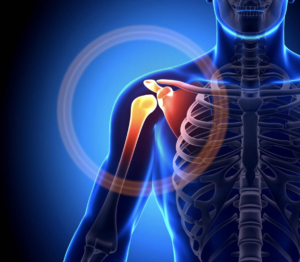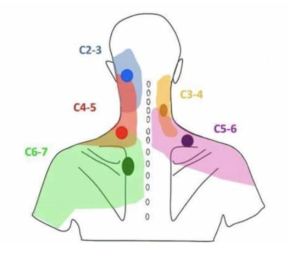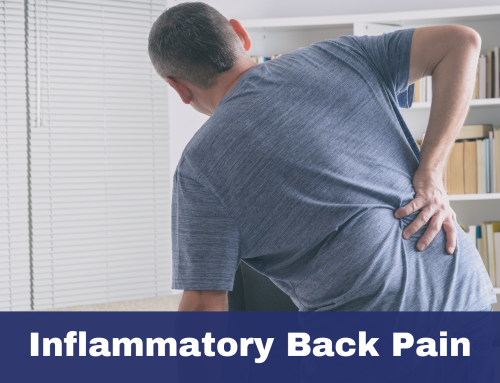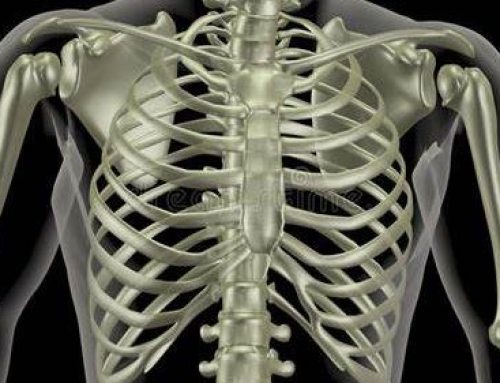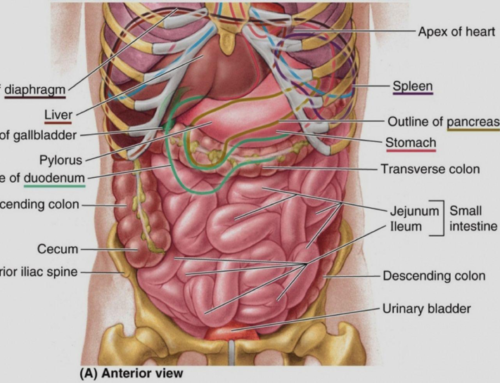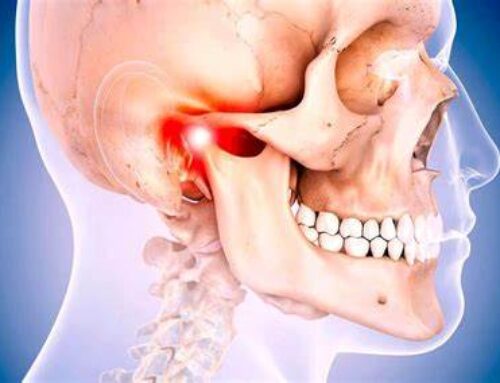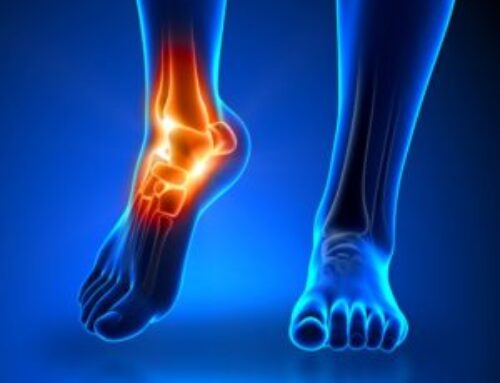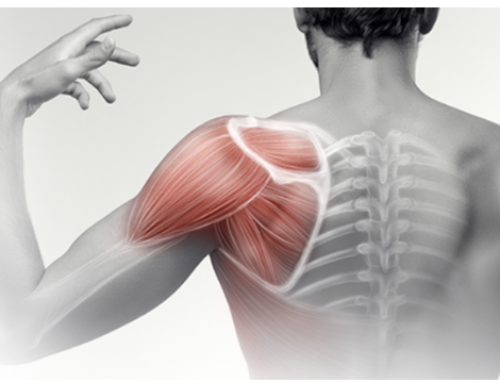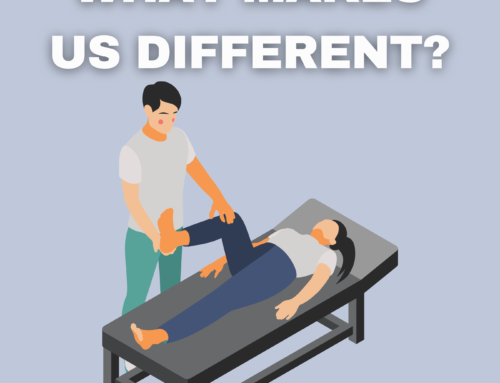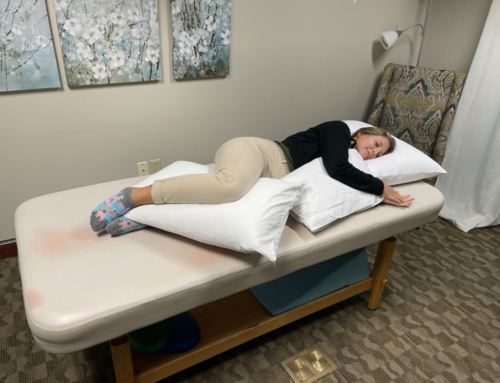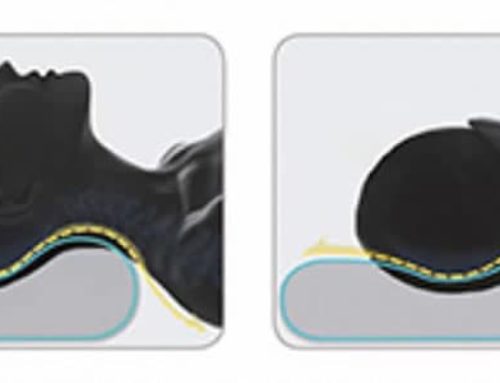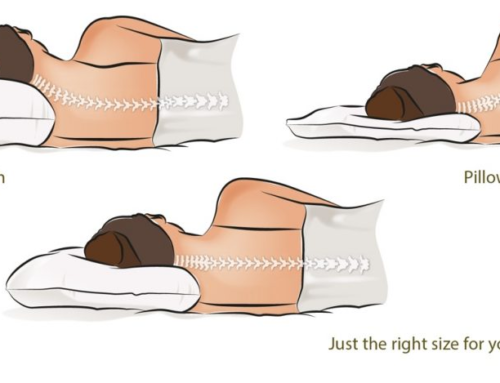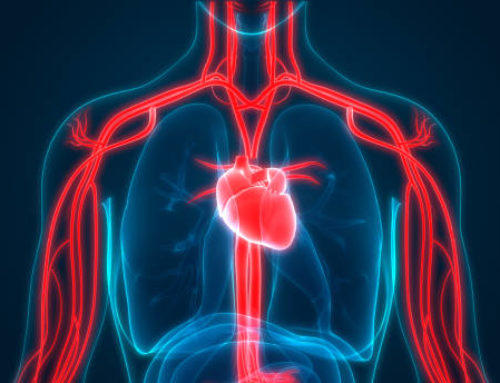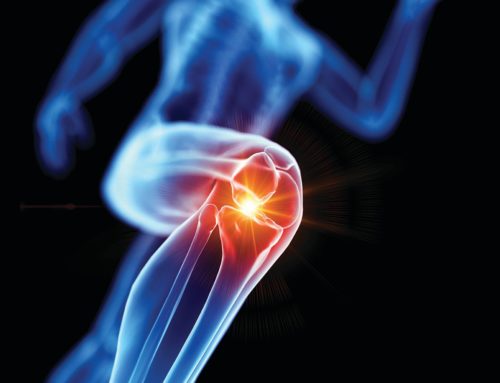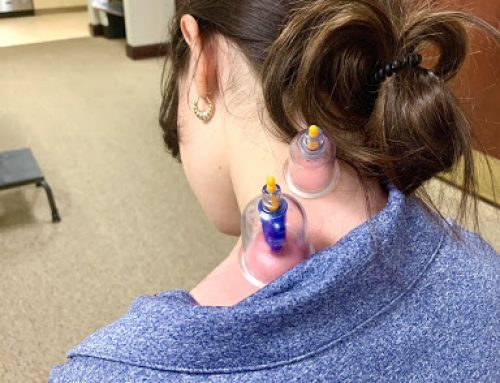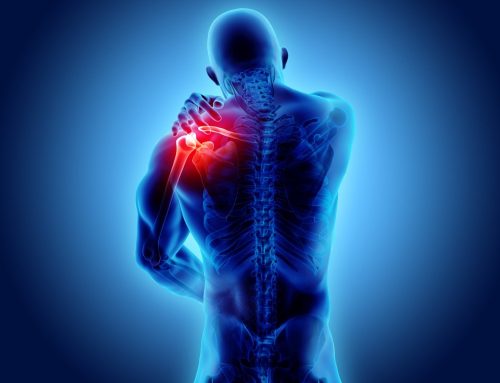We’ve recently discussed common shoulder dysfunctions and their root causes and have provided you with 8 simple tips to reduce your shoulder pain. However, sometimes pain in the shoulder is actually referred pain, which is pain coming from another area that just feels like it is in the shoulder.
The following are areas which could be referring pain to the shoulder:
Cervical Dysfunctions: Problems in the muscles, facet joints, and/or nerves in the neck can refer pain to the shoulder and arm. If this is the case, movements of the neck will generally increase the shoulder pain.
Ribcage: joint mobility restrictions in the ribcage, especially the upper 3 ribs, can limit shoulder range of motion and/or compress the nerves passing from the neck to the arm, causing pain in the shoulder and arm. If the ribs are causing the referred pain, turning the neck, shrugging the shoulders or deep breathing will aggravate the shoulder pain.
Nerve Impingement: Nerves can be impinged by muscles or other structures as they pass from the neck, through the upper chest, anterior shoulder and down the arm. Nerve impingement may cause pain both above and below the area of impingement. Movements of the neck or arm that put tension on the nerves will generally increase the pain. There is often also numbness and tingling in the arm or hand with nerve impingements.
Elbow: soft tissue and joint mobility restrictions in the elbow and forearm can cause shoulder pain, but usually it is the converse – elbow pain may be caused by dysfunctions in the shoulder.
Internal Organs: Problems in several internal organs have been known to refer pain to the shoulder. The most common are the diaphragm, liver, gallbladder, heart and lungs. If internal organs are the cause, movements or repositioning of the shoulder will usually not affect the shoulder pain.
How Do I Know?
After seeing all the different body parts that can refer pain to the shoulder, you may be asking this very question. Meeting with one of our shoulder experts for an evaluation of your shoulder will help determine the specific cause of your pain and get you on the right course of treatment in order to decrease your pain and help you get back to living the life you want to live.
Give our office at call at (904)-280-2001 to schedule your evaluation today!


